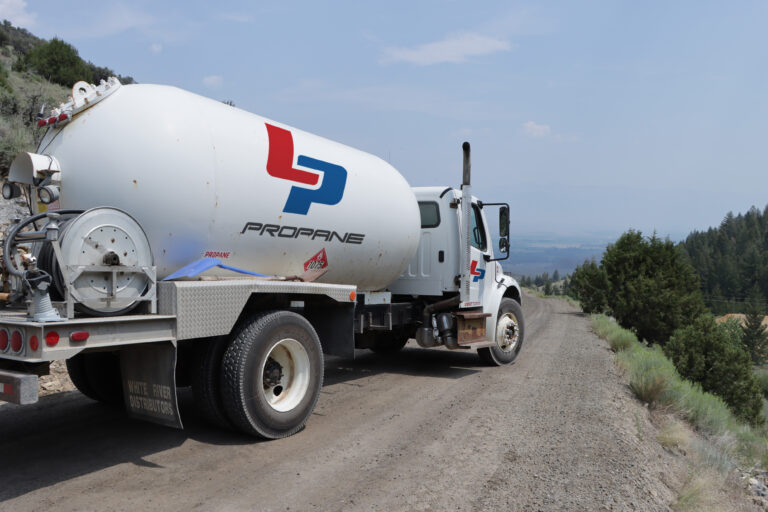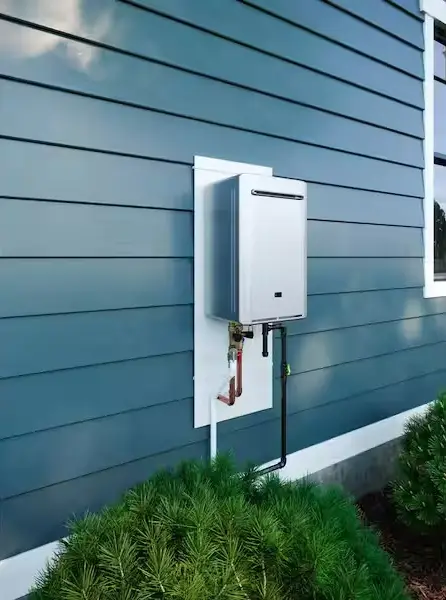
Add Style and Warmth to Your Patio with Painted Propane Tanks
A painted propane tank isn’t just about functionality, it’s about bringing a unique, personal touch to your outdoor area. Whether you’re heating your patio, grilling, or using a firepit, a painted propane tank adds a touch of style to an

